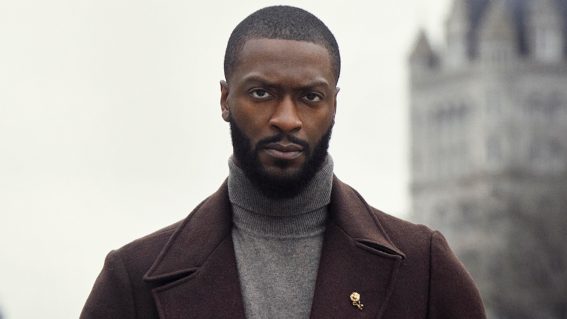Nicole Kidman suspects Matthew Macfadyen’s a cheater in domestic thriller Holland
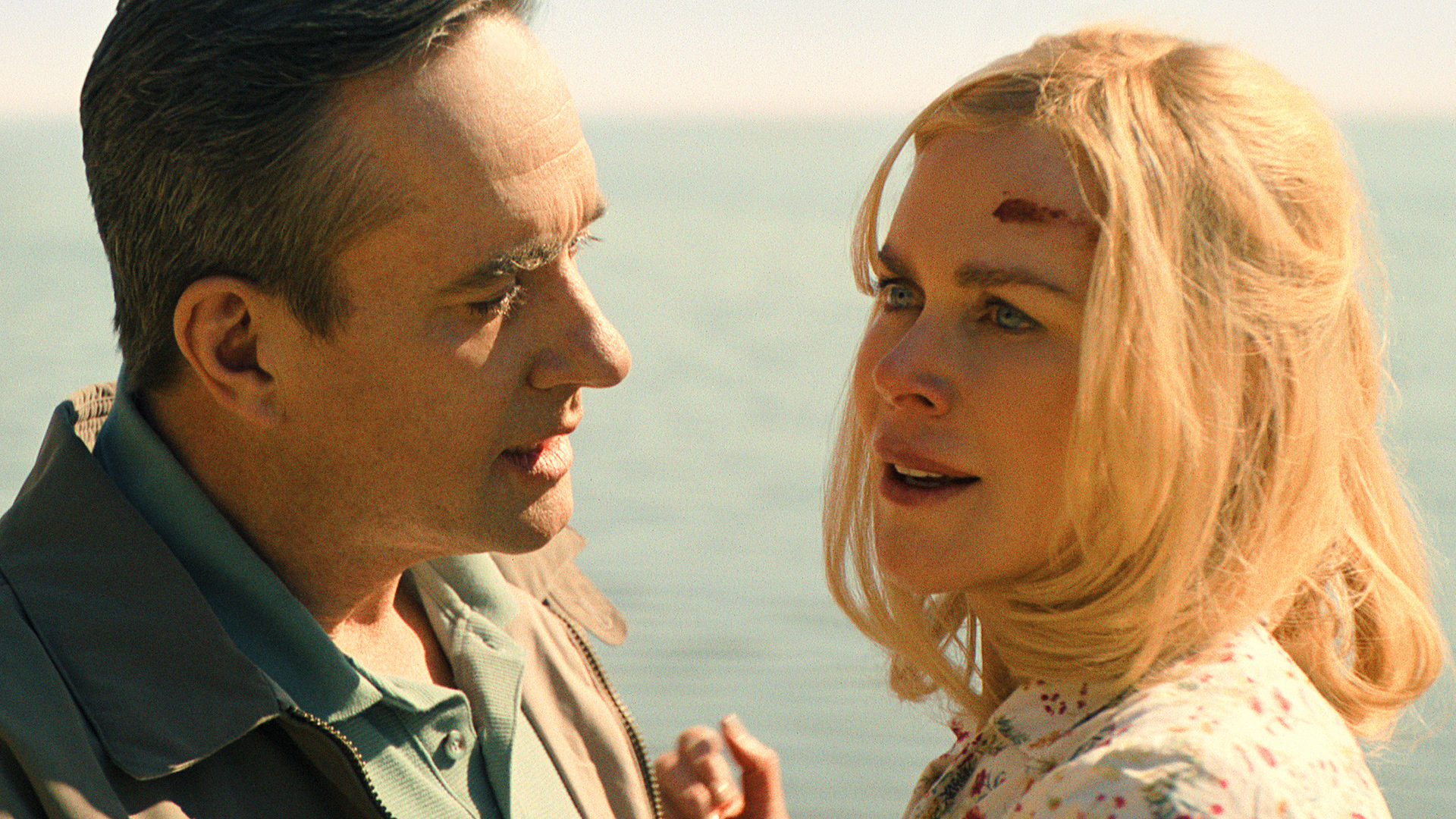
Against a kitschy backdrop, a wife turns amateur detective in Holland – streaming on Prime Video. Steve Newall looks behind the friendly façade.
New thriller Holland is much more domestic in its aspirations than its country-sized title might suggest. That makes more sense when you consider it was originally titled ‘Holland, Michigan’—the small city in which this tale of household paranoia, deception and manipulation is set. Part of Indigenous Ottawa territory, Dutch Calvinist Separatists settled there in 1847, and founded Holland. Now there’s a windmill. A Tulip Time Festival. It’s postcard-friendly and adorable.
In this Americanised (extremely) European idyll lives the Vandergroot family—high school home economics teacher Nancy (Nicole Kidman), optometrist Fred (Matthew Macfadyen) and their son Henry. Inside and outside the home, Holland is drenched in kitsch—a facsimile of historic, as artificial as the massive and elaborately detailed model train set Fred devotes his time to (as opposed to his wife).

As soon as Fred’s in the door of their aspirationally suburban home, he’s off to work on his scale model fiefdom. Then there’s all the business trips he keeps taking—Nancy strives to keep a positive demeanour, but should an optometrist really need to travel that much?
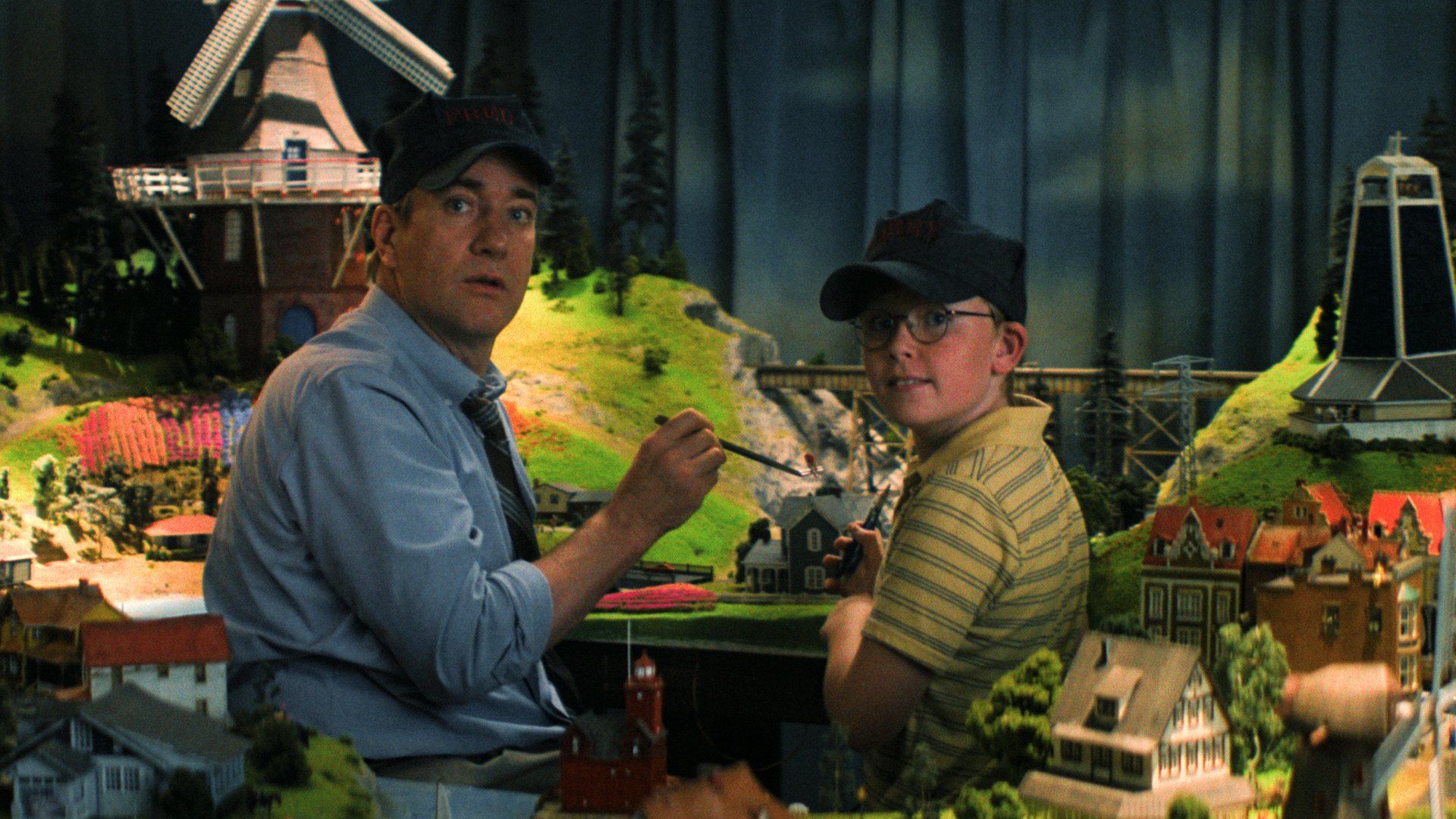
Nancy starts a bumbling amateur investigation into her husband, hoping to catch him in the act of infidelity, and dreaming up all sorts of lurid explanations for the possibly innocuous nuggets she uncovers. The irony of this all? In a noir-y narrative setup, Nancy enlists the help of her colleague Dave (Gael García Bernal), shop teacher and possessor of what’s clearly the biggest attraction to Nancy.
While initially unreciprocated (though we see hints it’s appreciated for more than just Dave’s surveillance assistance), the pair’s proximity and scheming as they hunt their supposedly cheating prey creates an inadvertent intimacy. Not to mention, leaving evidence that is much more blatant than the breadcrumbs Nancy is following.
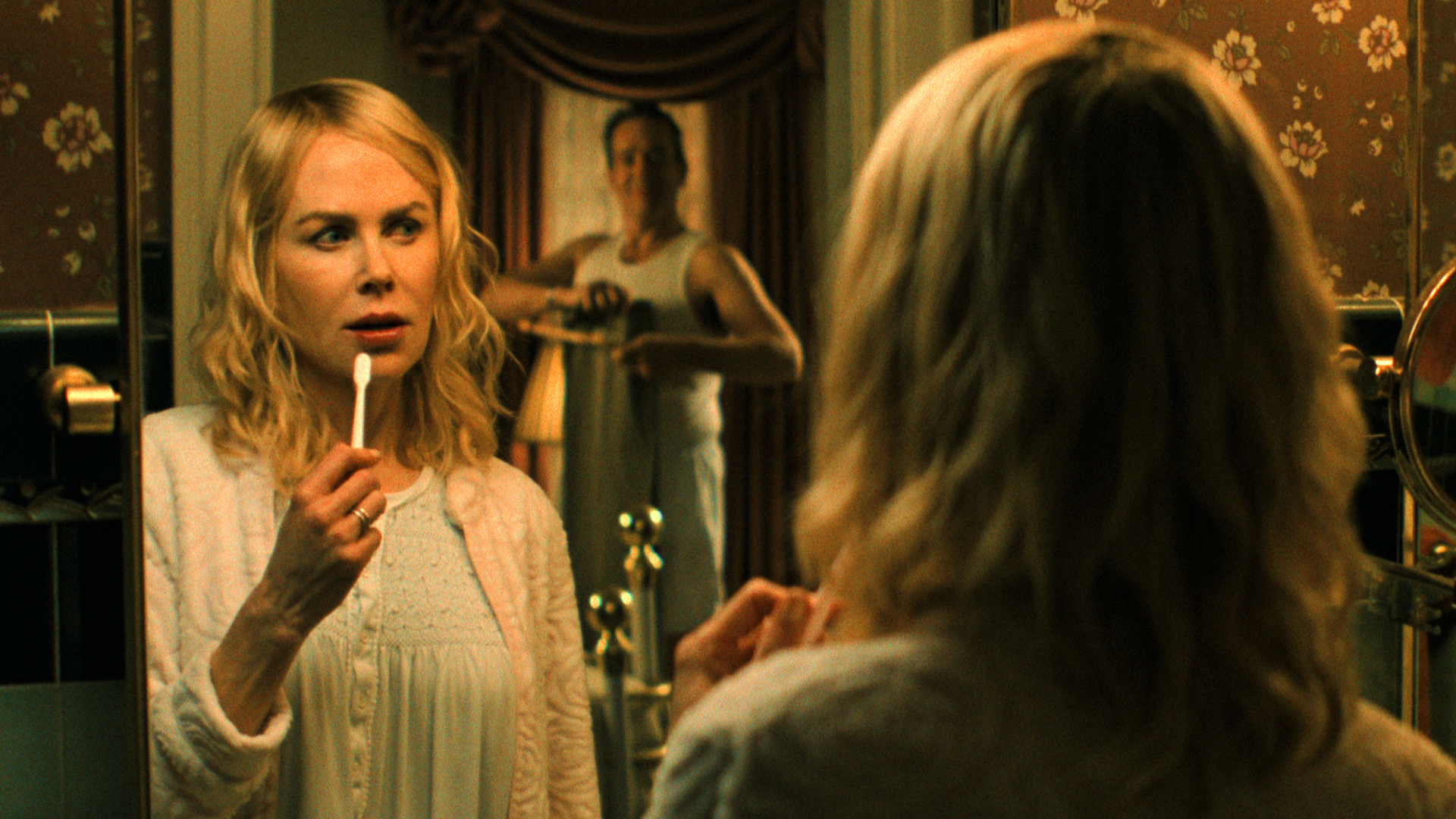
As they plot to expose Fred, Nancy is swept up in the excitement. Maybe it’s not just the adrenaline. Maybe it’s just because now she’s got something that’s hers, a space carved out for herself. It’s a bit femme fatale, but more than this, it’s about being desired. About life being more than a cheerfully nothing husband. About whatever’s going on in her head that should be happening in her bed.
This reckoning with female desire and being desired in turn finds itself represented frequently in Nicole Kidman’s recent filmography. Notably, there’s last year’s Babygirl, in which Kidman teamed up with writer-director Halina Reijn to examine a woman’s relationship with her own guilt about herself—her sexual shame and difficulty communicating desires. Babygirl brings it all to a head with an ill-judged workplace affair with intern Harris Dickinson, who clocks his superior early as someone who seeks to abandon control.
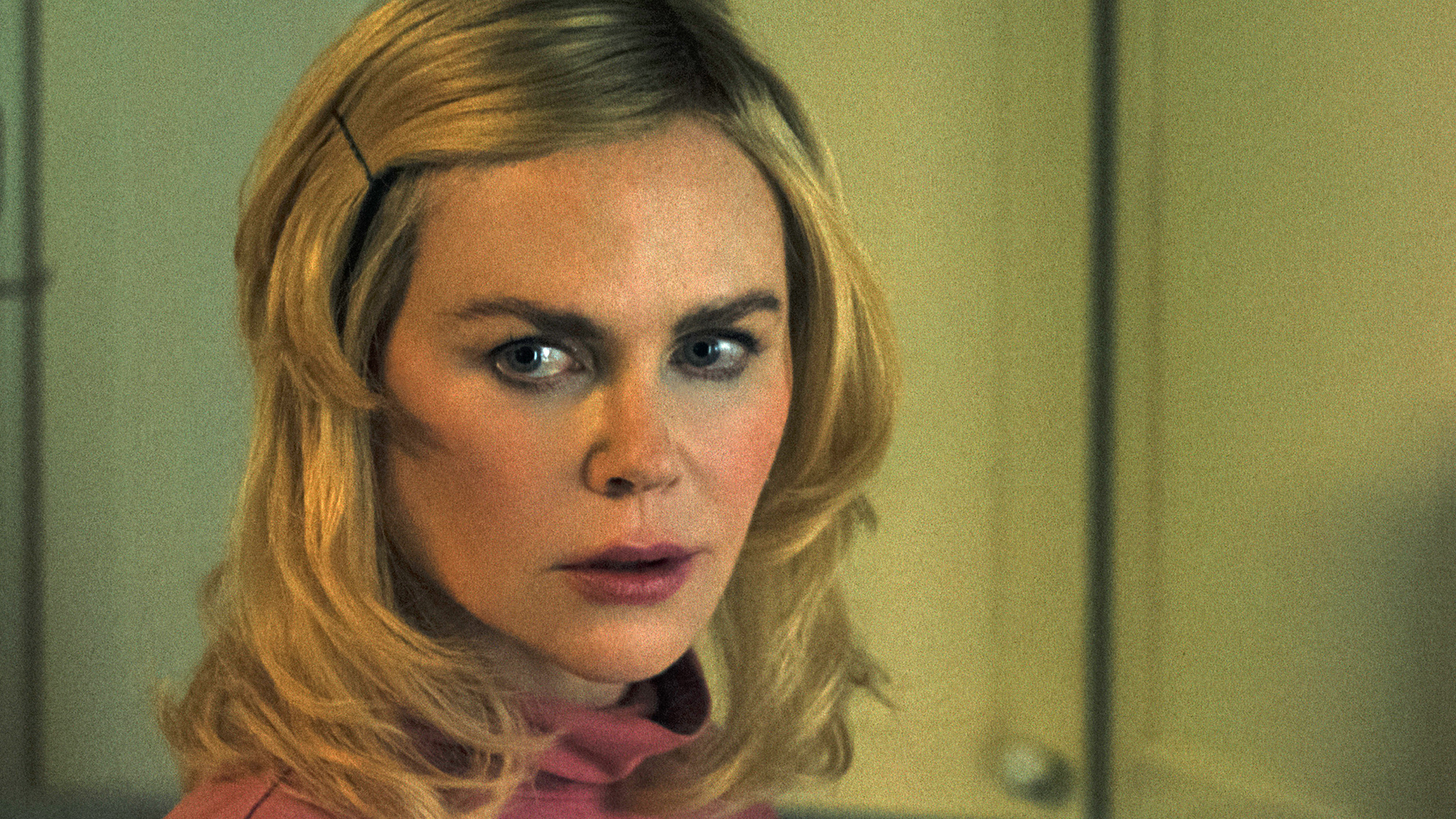
Like its setting, Holland’s erotic dimension is pretty vanilla—but as one infidelity threatens to blossom in the face of another (if Fred even is cheating) Nancy navigates it all with a cheerful vacancy. Seemingly choosing not to acknowledge what’s going on, there’s an “oopsy daisy” air to the growing sexual tension—it’s open to interpretation whether Nancy might be so desperate to prove Fred’s affair because what she really wants is one of her own. Does she want to discover truth? Or does she want to find permission?
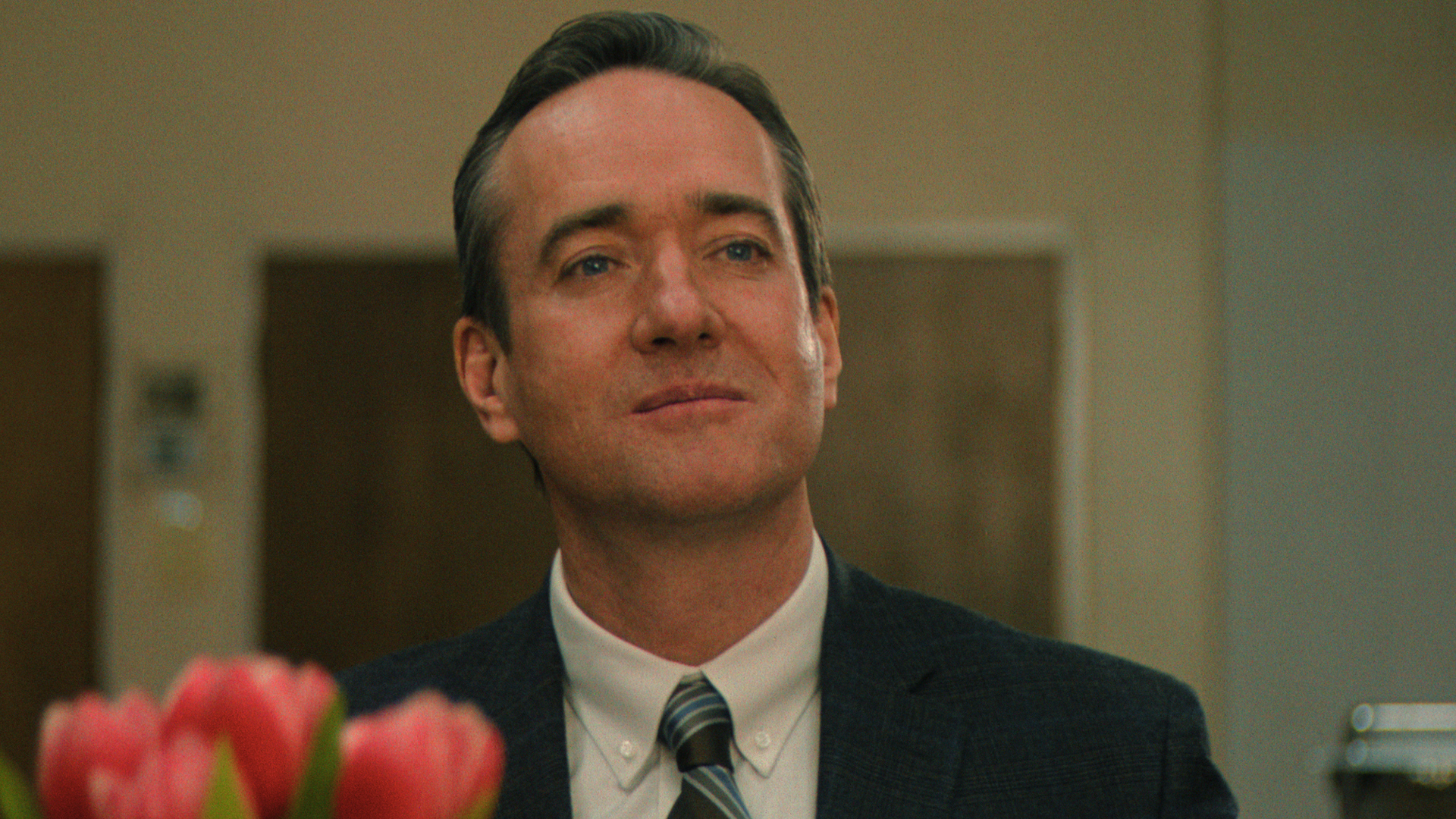
As Fred, Matthew Macfadyen recalibrates the brilliance of his performance as Tom Wambsgans in Succession—a character who bumbled (and backstabbed) his way to the top, but was also possessed of terrifyingly artificial politeness at times, as well as moments where he is outright menacing. Holland sees Macfadyen’s demeanour stretch the smile even further. Everything is just so gosh-darn perfect! So why is he so goddamn terrifying? What’s behind the façade—and why does he radiate a feeling of unsafeness?
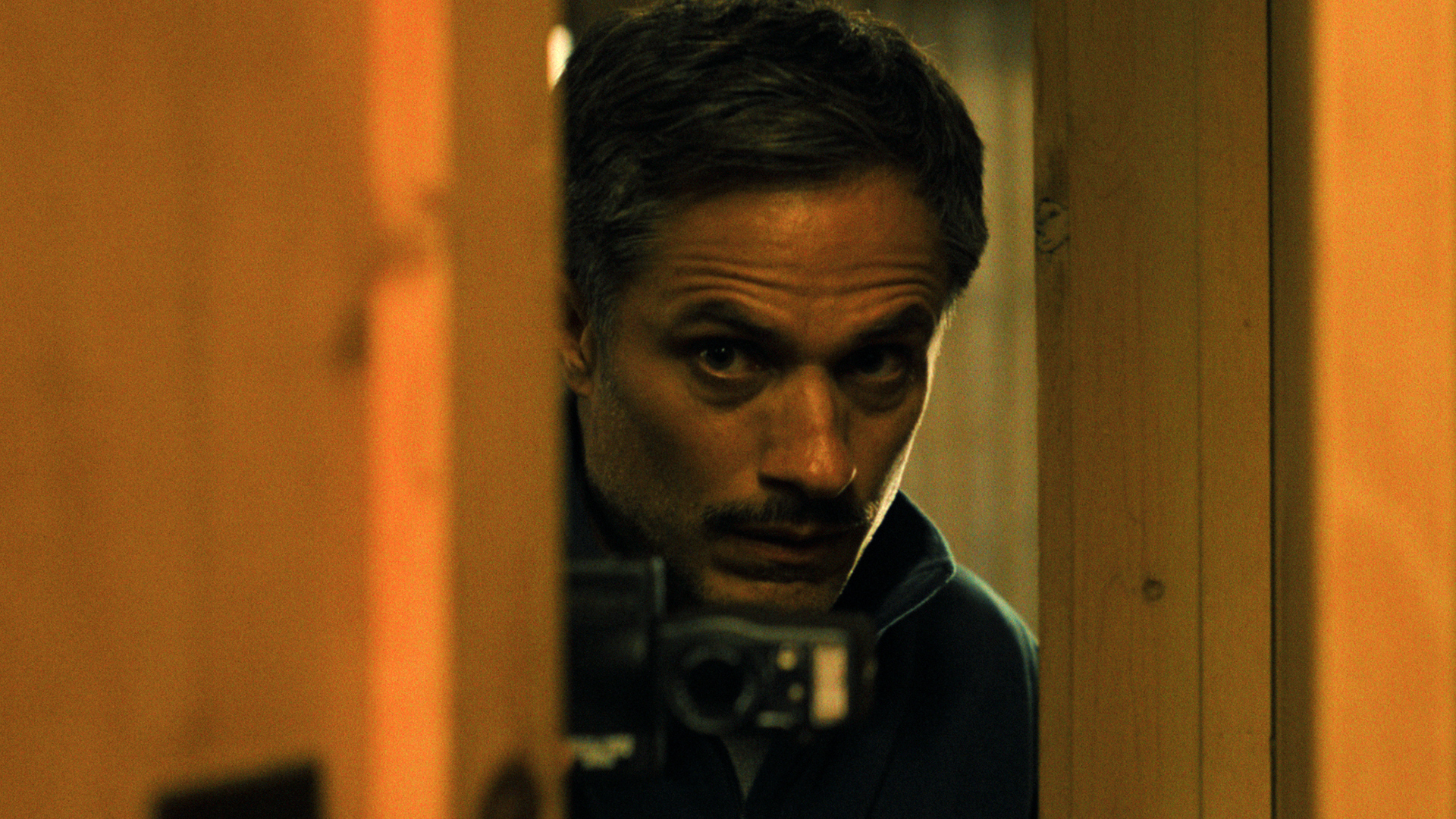
As the couple’s optically perfect life comes under the microscope, it’s Gael García Bernal’s Dave you might feel most sorry for. He’s your classic lovesick fool, constantly ignoring his better judgement to bask in Nancy’s presence.
If Nancy wants to find an opposite to her husband, Dave’s a good bet—small in stature and Mexican in heritage, living in an inhospitable and overwhelmingly white community. And crucially, he seems to be a more functioning adult than Fred. Respectful, in tune with what he wants, and a much better communicator than his romantic rival, Fred nevertheless finds himself being dragged into more chaotic circumstances by Nancy than he would have anticipated.
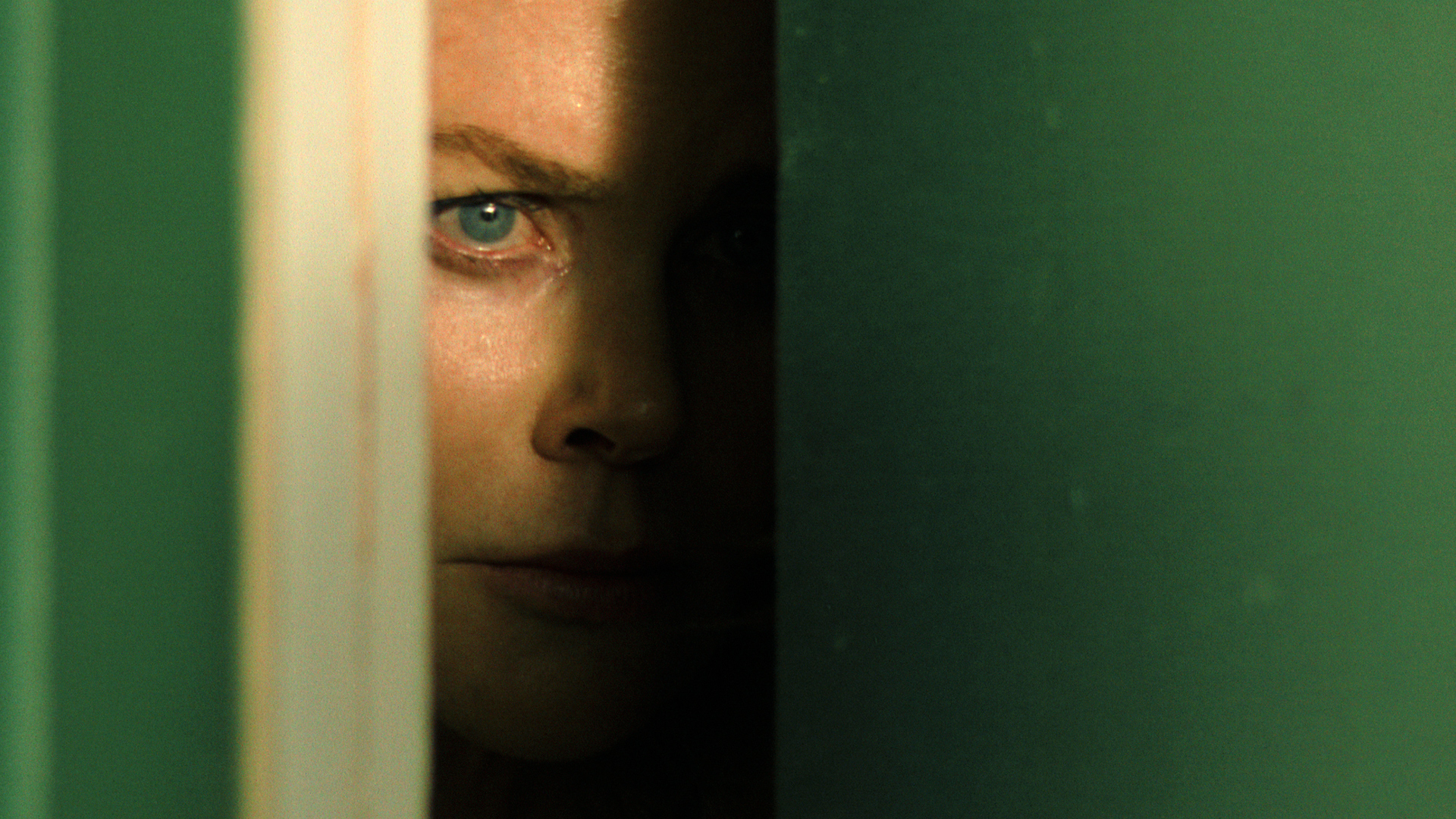
As she dives down the rabbit hole, it’s safe to say that what Nancy finds isn’t what she expected—nor is it all unwelcome. And by the end of Holland, you’ll have plenty to talk about as the credits roll and beyond.


